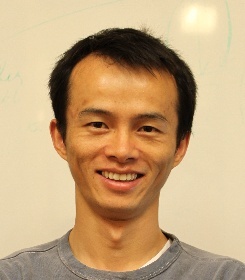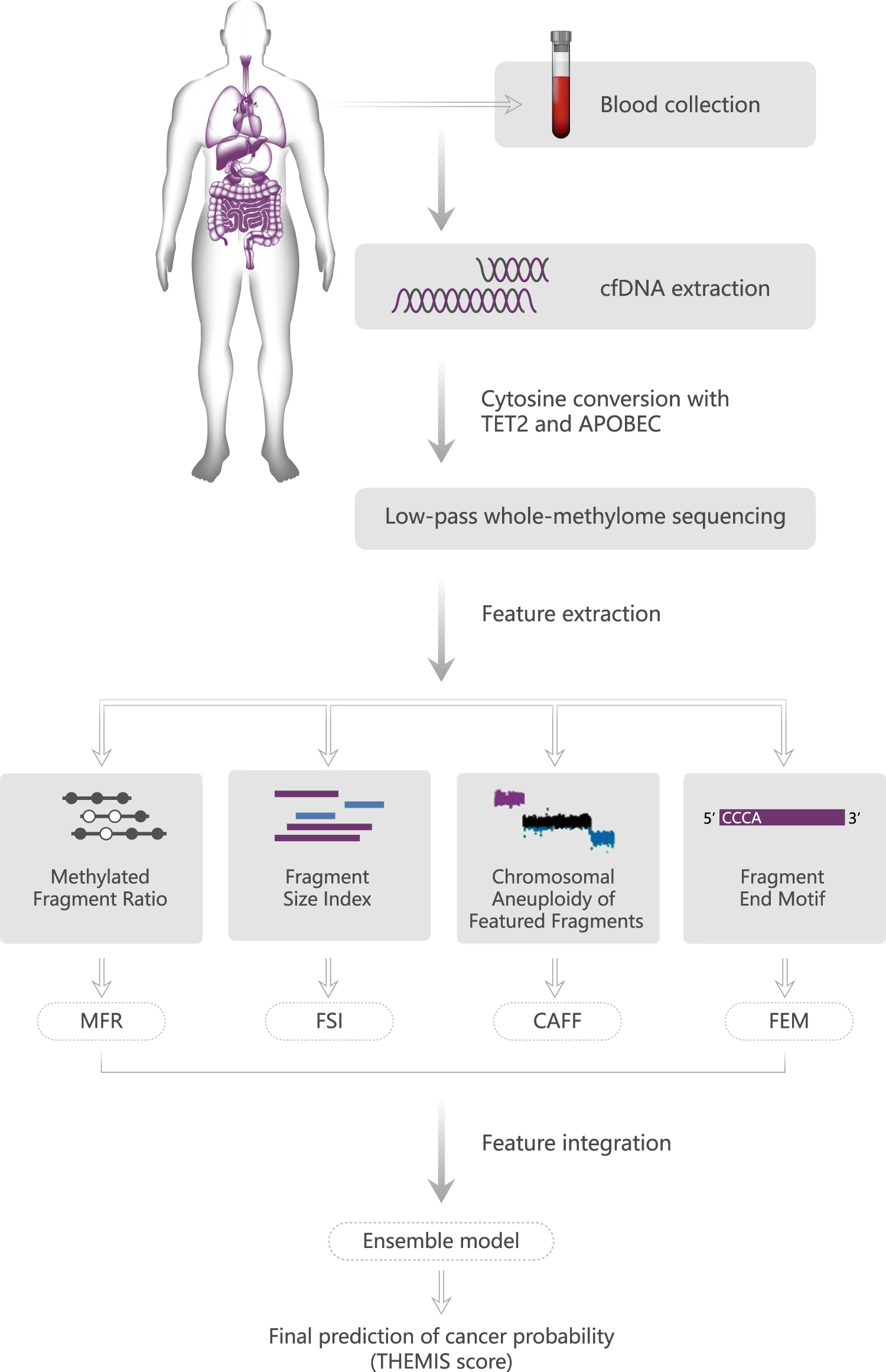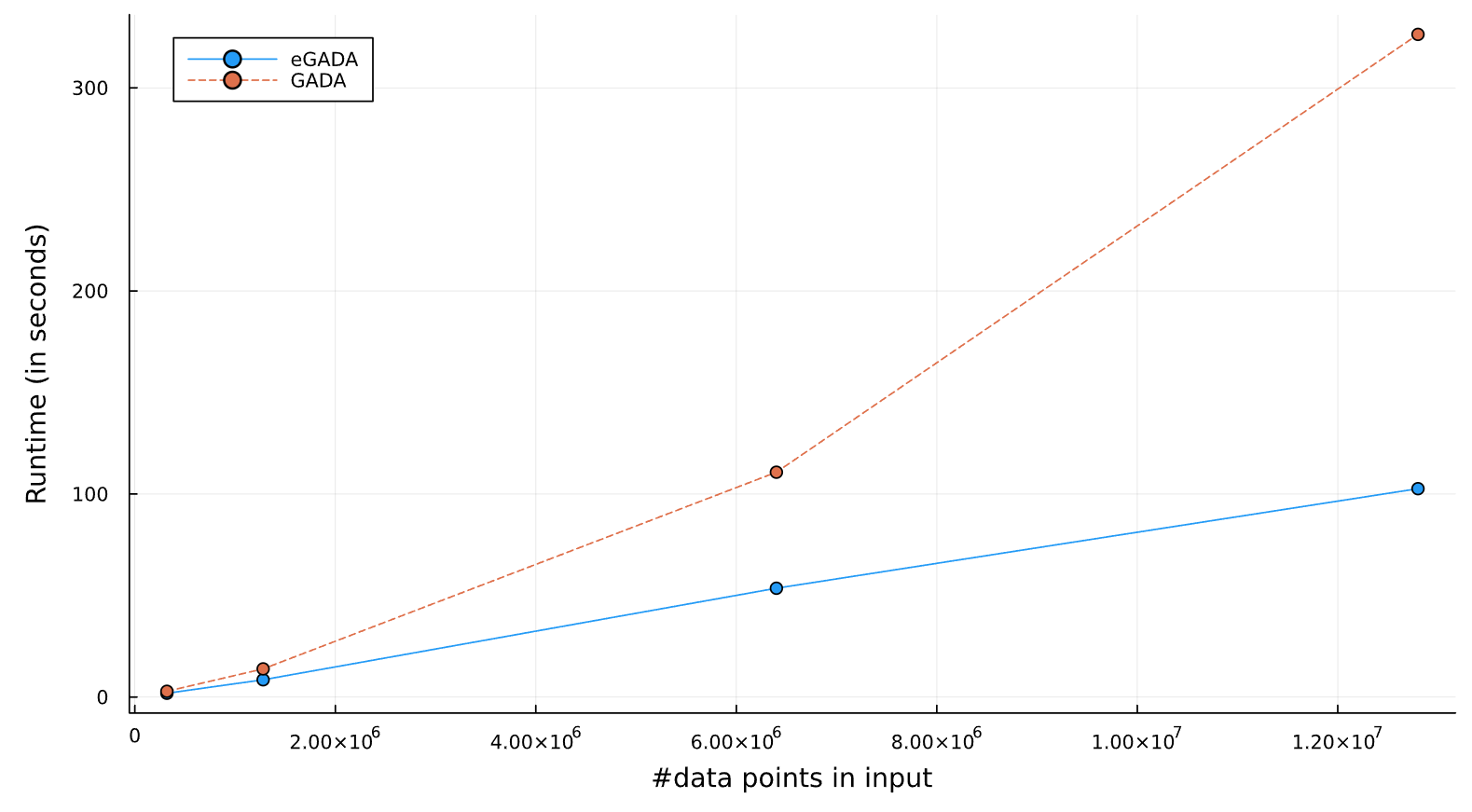Yu S. Huang

Shanghai/Beijing/Wuxi, China
Since 2022, I (黄宇) have served as Senior Director of Bioinformatics at 臻和 Genecast Corp Ltd., where I lead algorithm and model development (算法和模型开发) for precision oncology (精准肿瘤) products, including therapy selection, prognosis and monitoring, and early screening (肿瘤用药指导,MRD,早筛).
From 2015 to 2021, I was a Principal Investigator and Director of Bioinformatics at the Shanghai Institute of Materia Medica, Chinese Academy of Sciences (中科院). My work focused on developing fast and accurate models, algorithms, distributed computing platforms, and exa-scale databases in bioinformatics, AI-aided drug design, and other data-modeling fields. During this time, I also taught courses on “Pattern Recognition and Machine Learning” (based on Chris Bishop’s 2006 book), the Julia programming language, matrix computing, and optimization.
My career also includes experience as a Bioinformatics Scientist at Illumina Inc. (San Diego) and a Postdoctoral Researcher in Human Genetics at UCLA. I earned my Ph.D. in Computational Biology and Bioinformatics from USC, specializing in statistical methods for association mapping and population genetics under the supervision of Magnus Nordborg. I also developed graph theory algorithms for inferring gene functions. Through a Ph.D. program founded by mathematician M.S. Waterman, I gained a comprehensive understanding of statistics, probability, and stochastic processes.
I received my B.S. in Biology from Fudan University in July 2003, during which I became proficient in C/C++, PostgreSQL, Java, Python, and Linux systems. My fascination with automating tasks through programming and modeling began in 8th grade with my first BASIC program on an Intel-8088 PC.
In my spare time, I enjoy reading and board sports like surfing, skateboarding, and snowboarding.
- GitHub 代码库: github.com/polyactis
- ORCID 0000-0001-5967-4948, ResearchGate
- 小红书: polyactis
- Expertise: Bioinformatics, Machine/Deep/Statistical Learning, AI Drug Design, Optimization, Distributed Computing


latest posts
| Jun 12, 2025 | Bayesian p-value/贝叶斯p-value |
|---|---|
| Jun 01, 2025 | Logit or Logistic Regression/回归? |
| Jan 18, 2025 | 贝叶斯统计 Statistical Rethinking v2 in Julia 讲解视频 |

